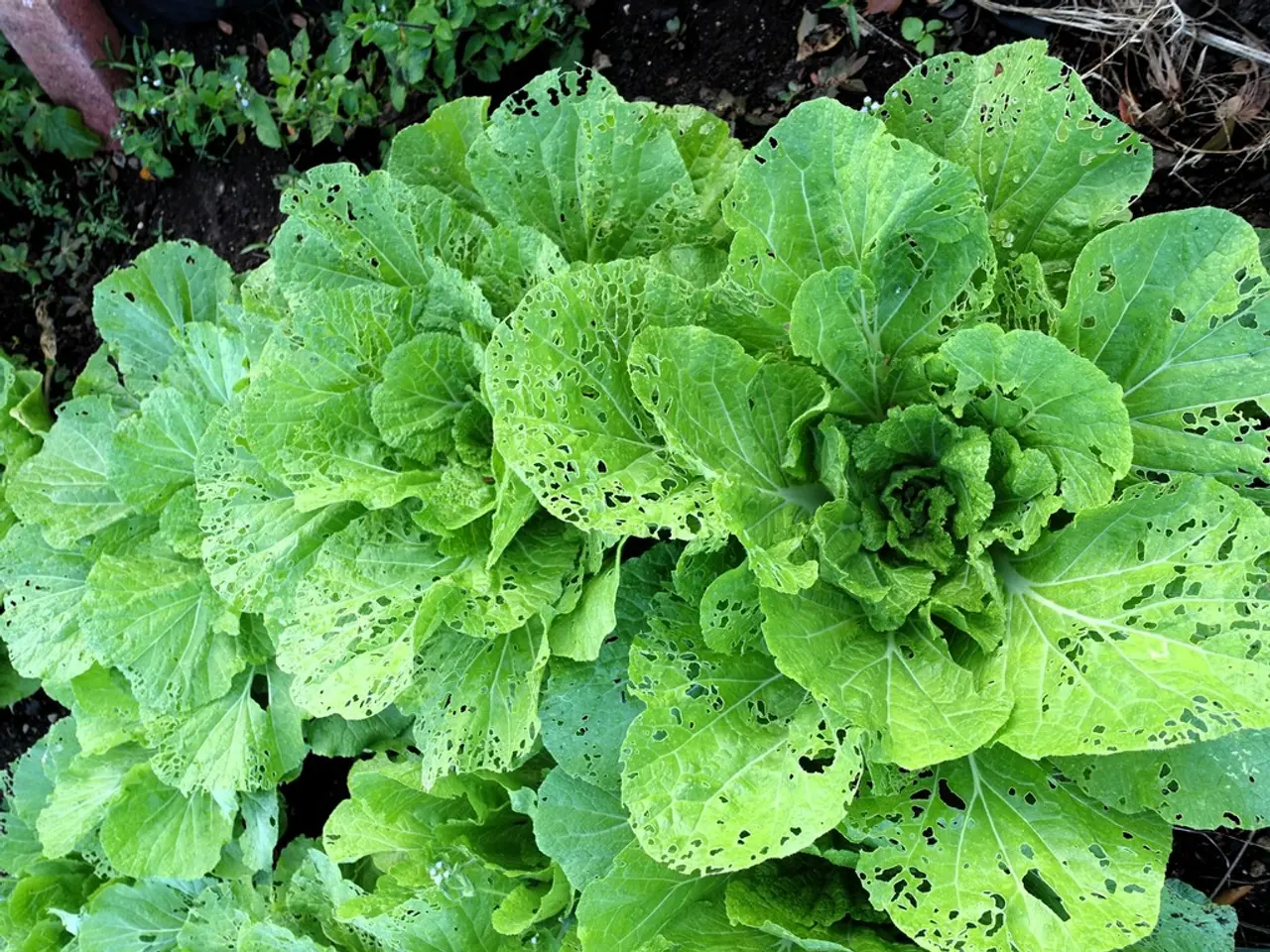Antioxidants' role in minimizing brain damage after a stroke, explained in two key points.
In a groundbreaking study, researchers at the University of South Florida College of Medicine, James A. Haley Veterans' Hospital, and the National Institute on Drug Abuse have found that antioxidants may offer protection against brain damage caused by strokes.
During a stroke, excessive free radicals called reactive oxygen species (ROS) are generated, causing oxidative damage to brain cells. Antioxidants, such as those found in blueberries, spinach, and spirulina, neutralize these free radicals, thereby protecting neurons from damage.
The study found that the size of strokes in rats fed blueberry or spinach supplements was half that seen in untreated rats, and rats fed spirulina-enriched diets had stroke lesions 75 percent smaller than their untreated counterparts. This suggests that antioxidants may play a crucial role in reducing the severity of stroke damage.
Antioxidants also have anti-inflammatory properties that help reduce secondary damage caused by inflammation following a stroke. Spirulina’s bioactive compounds, for example, have been shown to lower inflammation and support neuronal health.
By reducing oxidative damage and inflammation, antioxidants preserve brain tissue and improve neurological functions such as behavior and cognitive abilities post-stroke. This means that increasing fruit and vegetable consumption may make a difference in the severity of a stroke.
Dr. Paula Bickford, one of the researchers involved in the study, suggests that increasing daily doses of antioxidants like blueberries, spinach, and spirulina could be a readily available, inexpensive, and relatively safe way to benefit stroke patients.
Approximately 600,000 Americans are expected to experience their first stroke this year. Damage from a stroke can continue for days due to its unique nature and the physical and chemical changes it causes.
It is important to note that maintaining healthy blood pressure and blood sugar, losing weight, exercising more, limiting alcohol, quitting smoking, and treating atrial fibrillation are also recommended stroke prevention tips.
Previous research has already proven that diets enriched with blueberries, spinach, or spirulina can reverse normal age-related declines in memory and learning in old rats. This suggests that these antioxidant-rich foods may offer long-term benefits for brain health.
While more research is needed to fully understand the effects of antioxidants on stroke damage in humans, these findings offer hope for a natural, accessible way to protect the brain from the devastating effects of strokes.
- The groundbreaking study at the University of South Florida College of Medicine indicates that antioxidants, like those in blueberries, spinach, and spirulina, could potentially protect neurons from brain damage caused by strokes.
- In addition to this, antioxidants have anti-inflammatory properties that help reduce secondary damage caused by inflammation following a stroke.
- By increasing fruit and vegetable consumption, we might make a difference in the severity of a stroke due to the preservation of brain tissue and improved neurological functions it provides.
- Antioxidants' role in reducing the severity of stroke damage is suggested by the study, where rats fed blueberry or spinach supplements had smaller strokes, and those fed spirulina had smaller lesions.
- As more than 600,000 Americans are expected to experience their first stroke this year, it's crucial to note that maintaining healthy blood pressure and blood sugar, losing weight, exercising more, limiting alcohol, quitting smoking, and treating atrial fibrillation are also recommended stroke prevention tips.
- Previous research has proven that diets enriched with blueberries, spinach, or spirulina can reverse normal age-related declines in memory and learning in old rats, suggesting long-term benefits for brain health.
- In the midst of the press for medical advancements and therapies for stroke treatment, this study emphasizes the potential of natural, accessible, and relatively safe methods like antioxidant-rich foods.
- As scientific exploration in wellness evolves, there is growing emphasis on workplace-wellness, mental-health, fitness-and-exercise, skin-care, and nutrition for overall health-and-wellness.
- Nutrition plays a crucial role in the prevention of not only strokes, but chronic diseases like cancer, respiratory conditions, and cardiovascular diseases, making food-and-drink choices a vital factor in maintaining health and wellness.
- CBD, an increasingly popular supplement, has been shown to have anti-inflammatory properties and is being studied for its potential benefits in managing chronic pain and various medical conditions.
- With an increased focus on global cuisines, healthy-cooking techniques, and lifestyle modifications, we can enjoy delicious meals while improving our eye-health, cardiovascular-health, and overall well-being.
- Incorporating therapies-and-treatments like meditation, essential oils, acupuncture, and yoga into regular wellness routines can contribute to better mental-health and stress management, leaving more people hopeful for a healthier future.




